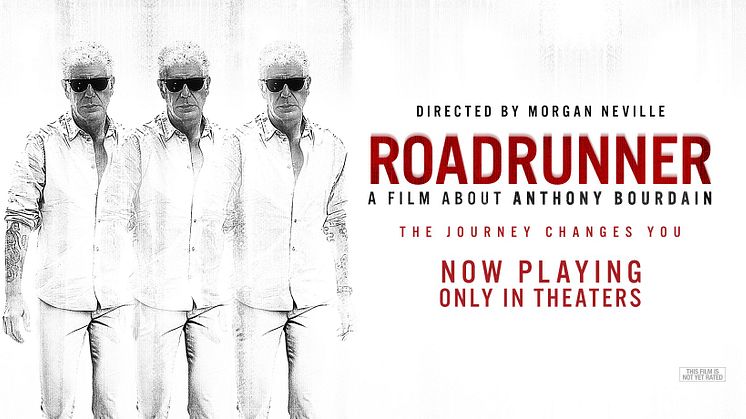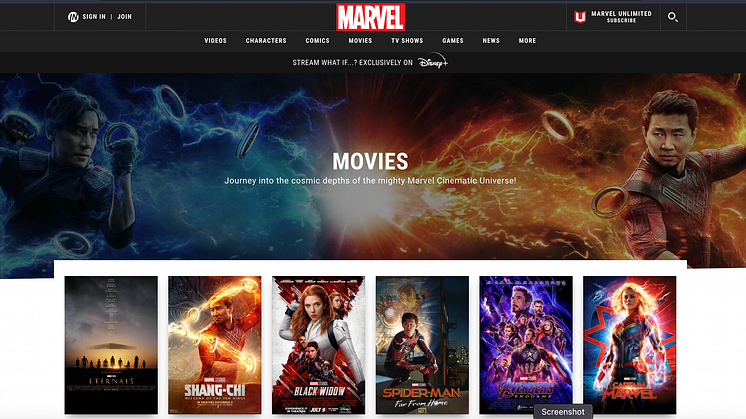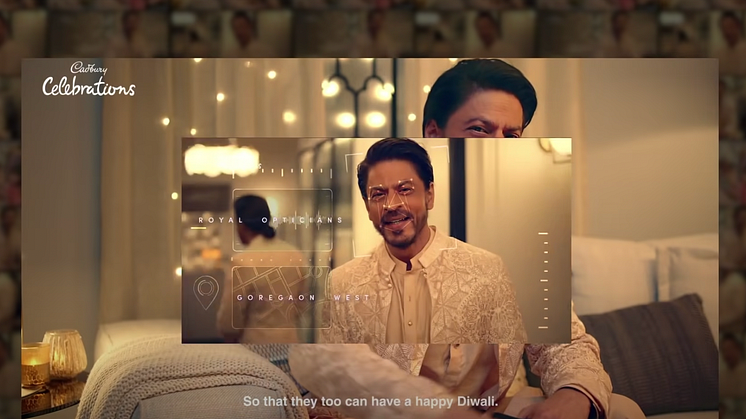
News -
AI-generated voices are troubling news for voice actors
When Roadrunner, a documentary about the late travel show host Anthony Bourdain was released recently, 45 seconds of narration in the film soon got everyone talking.
Director Morgan Neville revealed that three lines in the documentary that sounded like they were spoken by Bourdain were actually generated by AI. These lines had been written by Bourdain, but he had never said them out loud. “With the blessing of his estate and literary agent we used AI technology. It was a modern storytelling technique that I used in a few places where I thought it was important to make Tony's words come alive,” Neville explained.
The choice has unsettled many viewers. Writer and critic Jason Sheehan sums up the debate: “This is the (admittedly queasy) choice to bring back to life the voice of a dead guy, and make that voice speak words that already existed in another form. Is it creepy, knowing about it now? Absolutely. Was it wrong? I don't think so. But these things are decided in public.”
What AI voices mean for voice actors
This controversy spotlights the emerging trend of technology that can create synthetic voices which are based on human voices. For companies that require such services, this could be a game-changer in terms of efficiency and cost.
As a Los Angeles Times article puts it: “Need a synthetic voice that can read text for the visually impaired? A human voice actor can't pre-read every possible sentence in the world but an AI-built voice could cope. Have a video game that's been in interminable production for years and want to avoid hauling in voice actors for rerecording every time there's a script change? Tweak their dialogue in production.”
That’s not exactly good news for professional voice actors, whose current contracts do not yet protect them from being exploited by such developments.
Canadian voice-over performer Bev Standing alleged that TikTok took her voice for a text-to-speech feature for users' videos without notice or compensation. “I really am a small business. It’s just me. I’d love the unions to step up and get more involved in this procedure," she said.
In another case, Susan Bennett, the woman who voiced the original Siri (Apple’s virtual assistant), also didn’t know that her voice was being used for this feature. According to MIT Technology Review: “Apple never publicly acknowledged her. Since then, Apple has written secrecy clauses into voice actors’ contracts and most recently has claimed that its new voice is “entirely software generated,” removing the need to give anyone credit.”
As the tech landscape changes, new contracts could well arise that dictate a voice performer has to sign over the rights to their recorded voices in perpetuity. That would not be a fair way to proceed, says David Rosenthal, CEO and coach at the Global Voice Acting Academy. “Voice actors, their voice is intellectual property, it’s their own, or at least that’s the idea," he told the Los Angeles Times. “Ultimately it’s our job to educate [companies] as to the value of the human voice."


